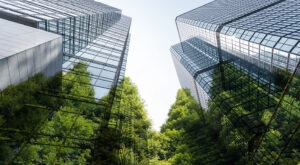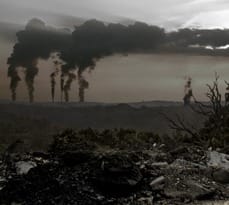Research into conventional and unconventional ‘commons’ or shared resources is attracting the interest of global companies, states, NGOs and other stakeholders, but despite that, ‘transnational commons’ themselves attract little attention
Cambridge Judge Business School’s Reader in Strategy Dr Shahzad Ansari, in his paper “Constructing a Climate Change Logic”, offers an institutional perspective on the ‘Tragedy of the Commons’.
In an interview for the Business School’s website he says: “At some point over time we began to realise that what we do actually affects the atmosphere and therefore our climate but that realisation was not there 3 decades ago. The atmosphere was there and we were polluting at the time it just wasn’t realised.
“So the idea that something is a ‘commons’ is a realisation or the construction of a logic around something and then it becomes a ‘commons’.”
He says that failure to identify certain problems created through human activity as ones that need to be dealt with by collective action, risks those problems remaining unsolved. But which difficulties can be understood in this way? Tragedies like air pollution, water pollution, over-fishing, de-forestation and land overuse have often been the signal that an issue requires people to take collective responsibility.
Dr Ansari argues that seeing certain aspects of human activity as ‘commons’ before major tragedies occur could enable people to assume far greater collective responsibility.
He believes that this way of thinking can be applied to areas as diverse as the reputations of oil companies to the fortunes of digital media providers on the web.
“Climate change, global poverty or intractable conflicts like Israel and Palestine. These are huge social or environmental problems. We are saying that a way of tackling these problems is through constructing this logic and we hope it gets more traction and more recognition.”


